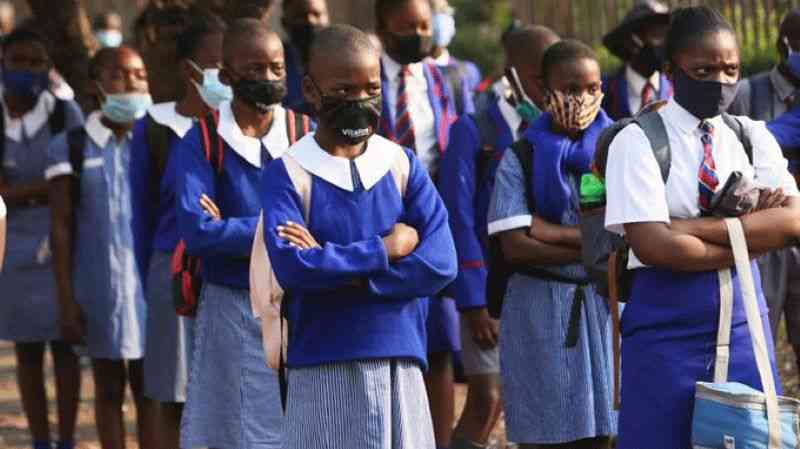
Mental health is a state of well-being in which an individual realizes his or her own potential, can cope with the normal stresses of life, can work productively and fruitfully, and is able to make a meaningful contribution to their community.
Mental health is a critical component of individual, family, community and national wellbeing and prosperity.
The school holidays are a welcome break from the usual routines for parents and for children and an opportunity for families to spend more time together.
However, the change from usual routine, juggling of work and family life, additional child care responsibilities when hired child-minders take their much needed time off during the holidays can all compromise the mental wellbeing of parents and caregivers.
Mental health benefits of school holidays for parents
Reduced stress of early morning preparation for school and school pick-up times. For most parents particularly those with younger children who need help to prepare for school every day, the daily morning routine can be exhausting and holidays bring a much welcome change of routine for both parents and children.
Better sleep.
Even if parents continue normal work routines during school holidays, there will be less stress in the morning and this can help with sleep routines.
- Mental health must be a priority at our workplaces
- ‘Art therapy critical in combating mental disorders’
- Be ethical, Potraz tells content creators
- How HR can effectively handle employee depression
Keep Reading
Opportunities to rest and relax.
School holidays allow for an opportunity for parents to rest and relax with their children and promote more family time.
More family time to reconnect and bond. School holidays allow time for families to reconnect, bond and strengthen family connections.
Holidays can be opportunities for parents and children to get to know one another better, to discuss challenges that are being faced and strengthen social ties.
How school holidays can affect the mental wellbeing of parents
- Challenges with juggling work and family responsibilities.
- Increased child care responsibilities when hired child minders need to take time off.
- Challenges travelling with children and attending social events with children.
- Constant need to supervise children and adolescents.
- Pressure to keep children ‘entertained’.
- Pressure to limit or eliminate screen time and be a responsible parent in the digital environment.
- Pressure to keep children well behaved and constantly ‘refereeing’ fights between siblings.
- Difficulties getting any private/ personal time to reflect or ground oneself or even to go to the bathroom.
- Feeling excessively guilty about not coping when caring for children without extra support.
- Fatigue from keeping up with child care, chores, work and other responsibilities.
How can I maintain my mental wellbeing during the holidays?
Be aware of your own emotions and find healthy ways to express them to avoid taking out your stress on the children
Be mentally flexible and adjust your expectations because the house may not be as clean as you would like and the family holiday may not go as planned.
Be kind and empathetic to your children and to yourself. Children can also be feeling stressed by the lack of regular routine and change in caregivers. Make time to talk to children and young people in your home and promote open, authentic and honest conversations.
Keep a positive perspective, remember that holidays are opportunities for family reconnection and family growth
Get children and adolescents involved in chores to help them learn critical life skills and to help reduce the load on parents
Talk to other parents to avoid feeling isolated and alone in parenting challenges
Reach out for professional help if needed
If you think that you or someone that you know may be struggling with a mental health challenge, please contact your nearest health care provider and get help.
*Dr Chido Rwafa-Madzvamutse is a consultant psychiatrist. Feedback:WhatsApp: +263714987729










